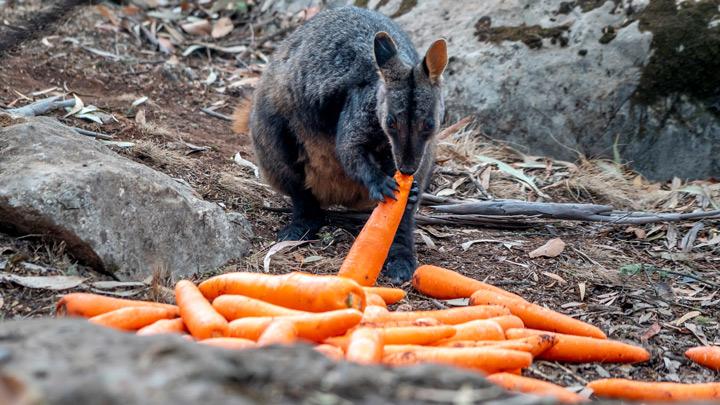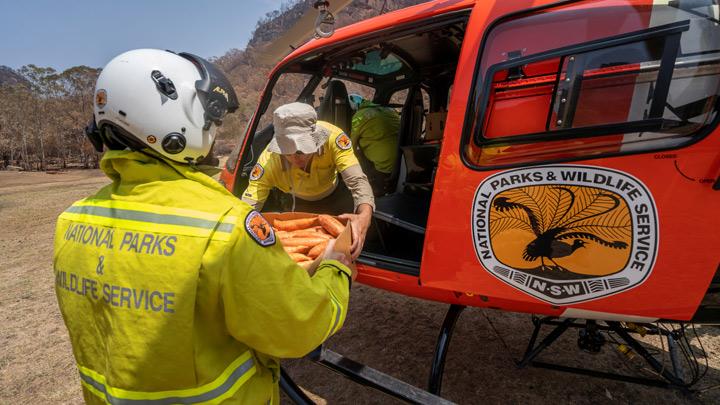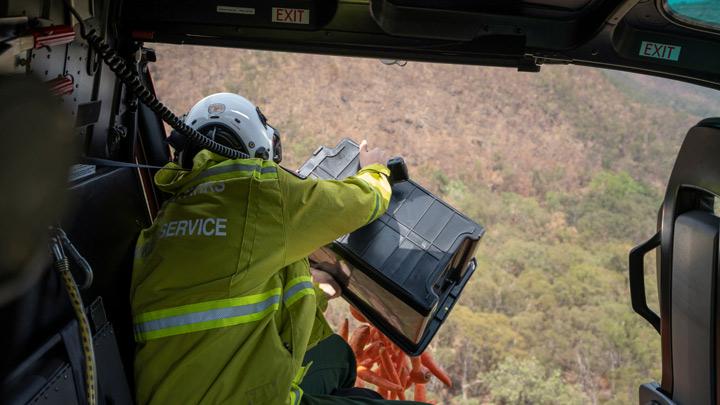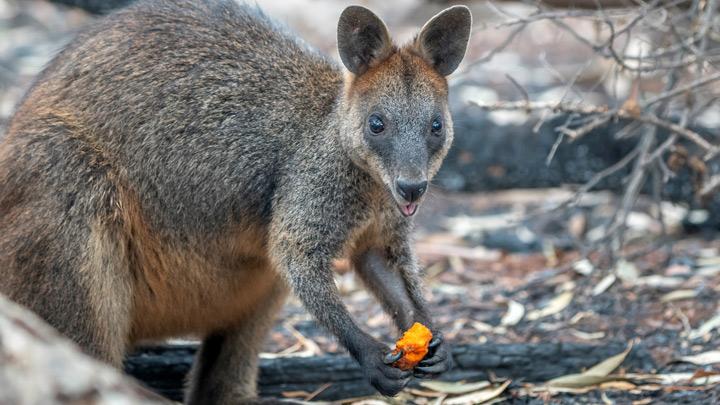Activists Drop Food in Burnt Forests to Help Australian Wallabies
From
13 January 2020 13:13 WIB

13 Januari 2020 00:00 WIB

13 Januari 2020 00:00 WIB

13 Januari 2020 00:00 WIB

13 Januari 2020 00:00 WIB

13 Januari 2020 00:00 WIB

13 Januari 2020 00:00 WIB










